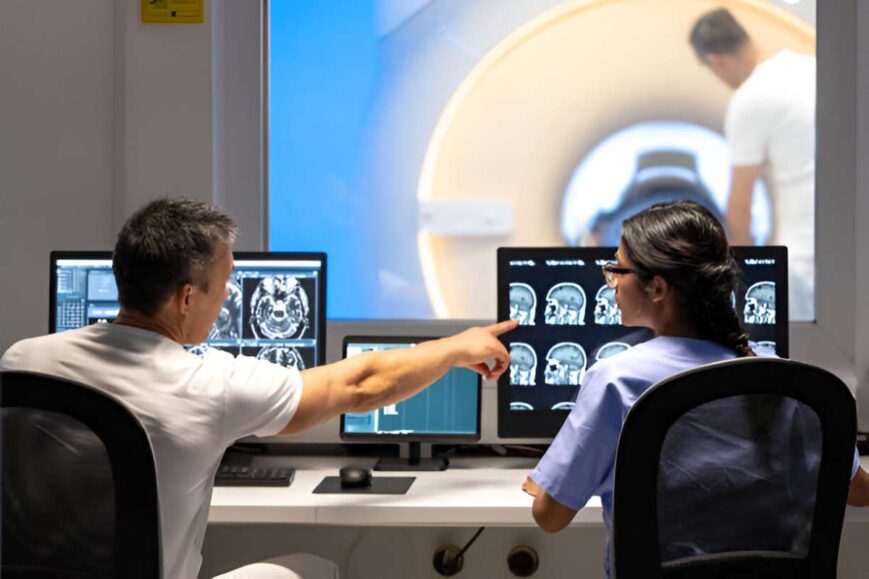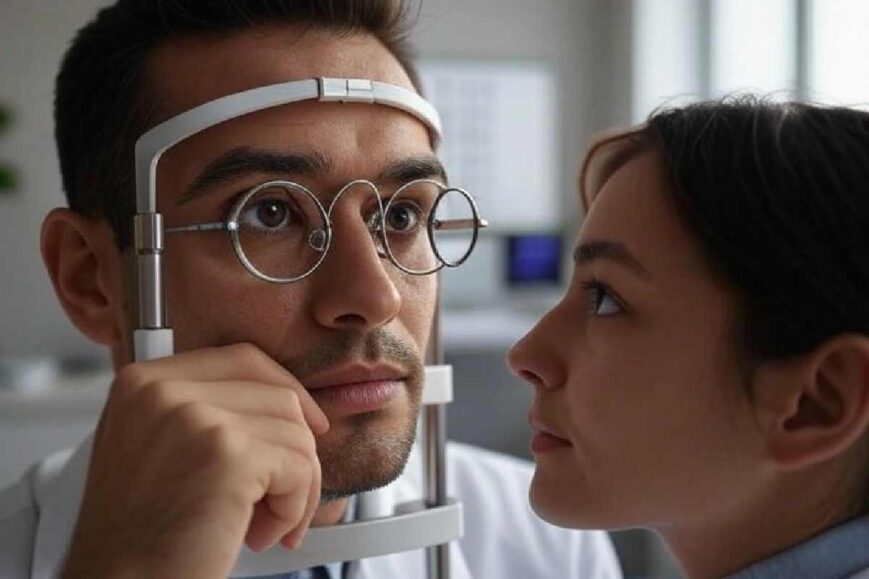When I was searching for a reliable hospital for my family, Yashoda Hospital & Research Centre reviews kept popping up everywhere. But you know what? Reading through dozens of generic reviews online felt like going through a maze. So I dug deeper, spoke to actual patients, and here’s what I discovered about this healthcare chain.
What’s the Real Deal with Yashoda Hospital?
Look, I’ve been to quite a few hospitals in my time, and Yashoda definitely stands out. The hospital began as a small clinic in 1989 set up by Dr. G. Surendar Rao, and it’s grown into something pretty impressive. Yashoda Hospitals’ presence encompasses over 4000 Beds across 4 Independent Hospitals, 4 Heart Institutes, 4 Cancer Institutes, 700+ Specialist Doctors across 62+ Medical Specialties.
But numbers don’t tell the whole story, right?
The Good Stuff That Actually Matters
Medical Expertise That Counts
Here’s what I found impressive – Yashoda Hospitals constantly works to provide patients with the best healthcare service by perfectly blending revolutionary technology, best medical expertise and advanced procedures. It’s not just fancy words; they’ve got the credentials to back it up.
The cancer treatment department is particularly noteworthy. It was recognized as a leading hospital for oncology in 2015 after becoming the first hospital to achieve the milestone of treating 10,000 patients using RapidArc technology.
Multiple Locations for Convenience
Whether you’re in Hyderabad, Ghaziabad, or the NCR region, Yashoda has got you covered. In Hyderabad alone, they have branches in:
- Somajiguda
- Secunderabad
- Malakpet
- Hitec City
All locations are NABH and NABL accredited, which is healthcare speak for “they meet quality standards.”
The Real Patient Experience: Mixed Reviews
What Patients Love
My experience with Yashoda Hospitals was excellent. The staff was attentive and caring, making the booking process easy, shared one patient. Many reviews highlight:
- Advanced medical facilities – They’ve invested heavily in modern equipment
- Specialist doctors – At Yashoda Hospitals, you can always rely on a team of top doctors and surgeons, backed by clinical excellence and cutting-edge innovations
- Comprehensive care – From emergency services to specialized treatments
- Good accessibility – The services are well priced and the hospital is easily accessible
The Not-So-Great Parts
I’ll be straight with you – it’s not all sunshine and rainbows. Some common complaints I came across:
- Long waiting times – Very Bad Experience, Wait time is more, dont make patients as much more time to meet doctor, specially for pregnant women and Old aged persons
- Mixed service quality – Experiences vary significantly between departments and locations
- Communication gaps – Some patients felt the staff could be more patient-friendly
The ratings tell an interesting story too. Rated 4.4/5. 9805 Ratings & Reviews on Justdial for the Ghaziabad location, but other review platforms show more varied ratings.
Yashoda Hospital Reviews: Location-Wise Breakdown
Hyderabad Branches
The Hyderabad locations generally get better reviews, probably because they’re the original establishments with more experience. The hospital provided decent coverage and had excellent treatment facilities is a common sentiment from Hyderabad patients.
Ghaziabad & NCR Locations
It offers a blend of modern amenities and affordability, serving individuals from diverse backgrounds with a team of specialist doctors. The Ghaziabad location has been expanding – In January 2024, it was expanded to a 350-bedded facility, thus making it the largest, standalone comprehensive private cancer hospital in the State of Uttar Pradesh.
What Specialists Say About Yashoda
The medical community has mixed opinions. Yashoda Hospital has an overall rating of 3.6 out of 5, based on over 56 reviews left anonymously by employees on Glassdoor, which gives us insight into the work environment.
But here’s what matters more – the hospital’s track record in specialized treatments, especially oncology, is pretty solid.
My Bottom Line on Yashoda Hospital & Research Centre Reviews
After going through hundreds of reviews, here’s my take:
Choose Yashoda if:
- You need specialized cancer treatment or cardiac care
- You want access to advanced medical technology
- You prefer a hospital with multiple locations
- You’re looking for comprehensive multi-specialty services
Think twice if:
- You’re very sensitive to waiting times
- You prefer more personalized, boutique-style healthcare
- You need consistent service quality across all departments
Final Thoughts
Yashoda Hospital & Research Centre reviews paint a picture of a healthcare system that’s genuinely trying to provide quality care. Are they perfect? Nope. Do they offer solid medical treatment with modern facilities? Absolutely.
The key is managing expectations. Go in knowing that you’re dealing with a large healthcare system where experiences can vary. The medical expertise is there, the facilities are modern, but the human touch might sometimes get lost in the process.
If you’re considering Yashoda for your healthcare needs, I’d suggest visiting the specific location first, maybe for a consultation, to get a feel for their service quality. Because at the end of the day, healthcare is deeply personal, and what works for one person might not work for another.
Yashoda Hospital & Research Centre reviews show a healthcare provider that’s evolved significantly from its humble beginnings, but like any large system, it has room for improvement in patient experience and service consistency.












